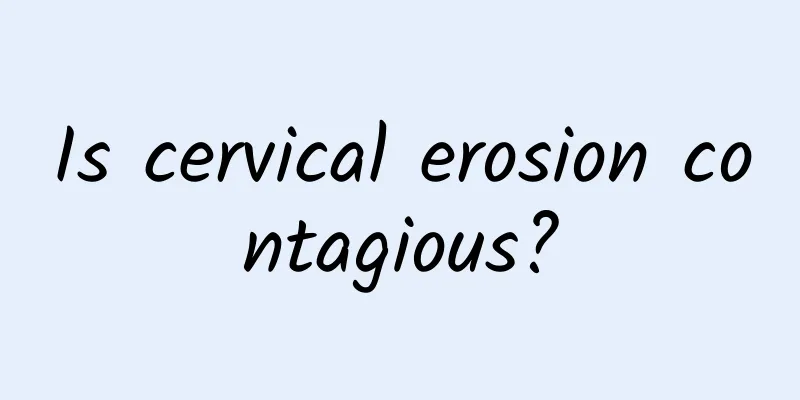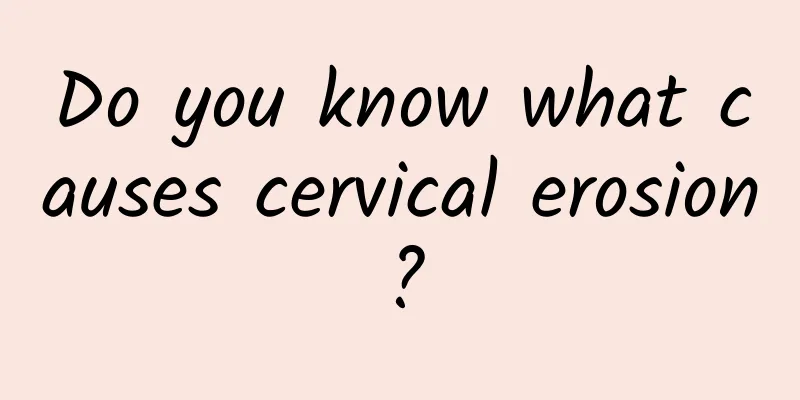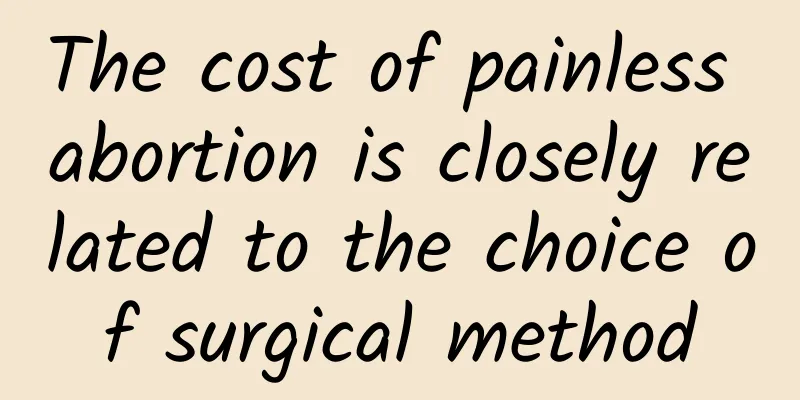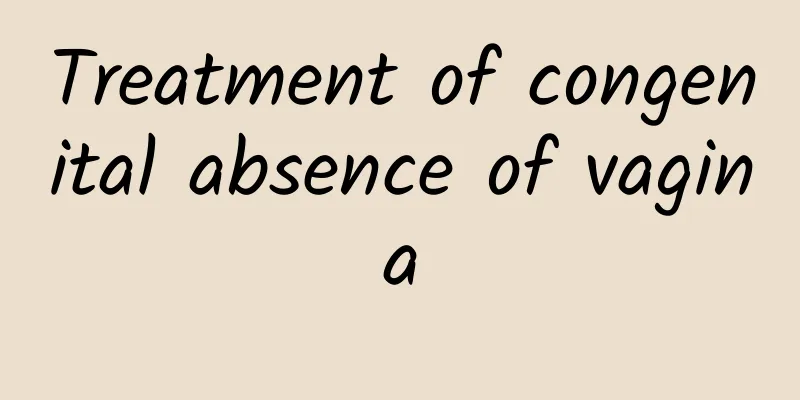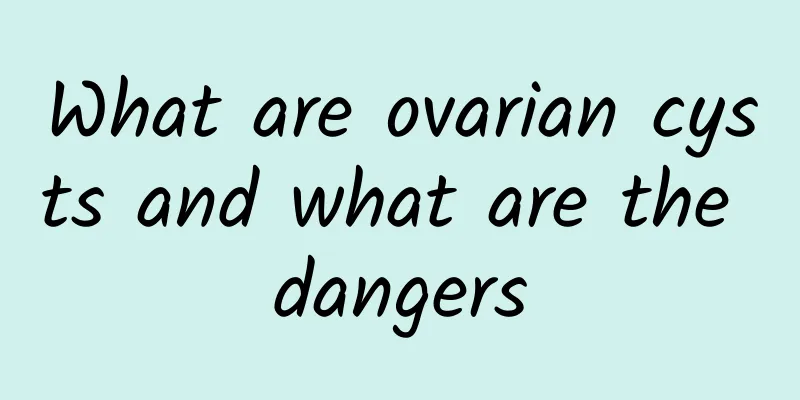My period has been delayed for more than ten days and it hasn't ended yet. What should I do?

|
What should I do if my menstruation has not ended for more than ten days? Delay of menstruation for more than ten days may be caused by drug factors, endocrine disorders, uterine polyps, etc., which can be improved by prohibiting the use of contraceptives and by medication or surgical treatment. The details are as follows: 1. Drug factors: Contraceptive pills can effectively prevent the combination of sperm and egg and the implantation of fertilized eggs. Contraceptive pills contain a large amount of hormone components. If women take too much, they will experience endless menstruation. This is a normal phenomenon and generally does not require treatment. Contraceptive pills are usually prohibited, such as compound megestrol tablets, levonorgestrel tablets, drospirenone ethinyl estradiol tablets, etc., which are helpful to relieve symptoms. 2. Endocrine disorders: It may be caused by mental stress, staying up late for a long time, etc., which will lead to excessive or insufficient hormone production in the body, irregular shedding of the endometrium, and prolonged menstruation. If not treated in time, it will also be accompanied by symptoms such as irritability and insomnia. You can use progesterone capsules, Wuji Baifeng pills, Yimucao granules and other drugs for treatment under the guidance of a doctor. 3. Uterine polyps: Taking into account gynecological inflammation stimulation, hypertension and other reasons, which will lead to excessive proliferation of local endometrium, the endometrium cannot be shed in time, menstruation is prolonged, accompanied by symptoms such as contact bleeding and shortened menstrual cycle, it is necessary to use hysteroscopic polypectomy, hysterectomy and other treatment methods under the guidance of a professional doctor. In addition to the common causes mentioned above, it may also be caused by diseases such as endometrial hyperplasia, uterine fibroids, adenomyosis, etc. Usually, you should be careful not to eat spicy and irritating foods, such as ginger, garlic, pepper, etc., so as not to continue to aggravate the symptoms. |
<<: What should I do if I find an ovarian cyst during pregnancy?
>>: What are the main reasons for irregular menstruation?
Recommend
Will less vaginal discharge affect fertility? It may
In fact, although less vaginal discharge does not...
Use the method of replenishing Qi and blood, consolidating Chong and Ren meridians to cure functional uterine bleeding
Sister Fan is a capable woman, otherwise she woul...
Newlyweds should also be wary of adnexitis
When a couple is newly married, they are often im...
Can chronic pelvic peritonitis be transmitted to sexual partners?
Can chronic pelvic peritonitis be transmitted to ...
What are the factors that cause dysmenorrhea?
What are the causes of dysmenorrhea? What should ...
Common Misunderstandings in Diagnosis of Threatened Abortion
Many women will experience threatened abortion af...
Adnexitis favors white-collar workers
Gynecological diseases have always been a headach...
What to do with breast pain during menstruation? It is easy to relieve it by doing these four things
Why do breasts swell and ache before menstruation...
5 steps to say goodbye to big butt with home butt massage
Have you ever calculated how much time you spend ...
Slow muscle training method does not turn muscles into fat
I never gained weight when I was a student, but a...
The famous doctor lost 18 kilograms in one and a half years! Key tips: "Half-sugar diet" plus "these two types" of exercise
If fatty liver disease is left untreated, it may ...
What methods can effectively treat cervical erosion? 5 measures are most effective in treating cervical erosion
Cervical erosion is a common gynecological diseas...
Is it better to do B-ultrasound or vaginal ultrasound to check for ectopic pregnancy?
B-ultrasound generally refers to abdominal B-ultr...
What is the difference between painless abortion and painful abortion?
What is the difference between painless abortion ...
Let's take a preliminary look at the early symptoms of ectopic pregnancy
What are the early symptoms of ectopic pregnancy?...
